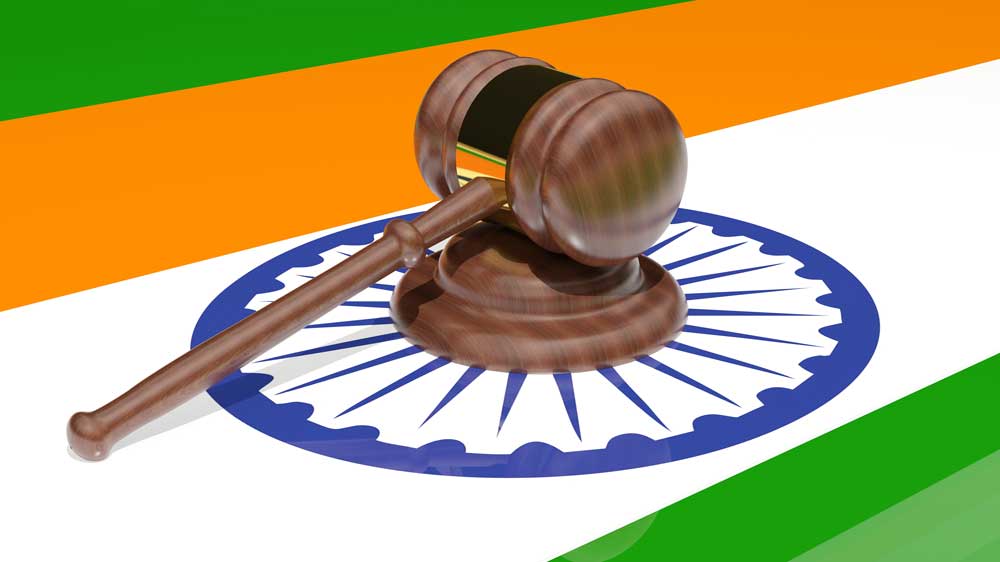One Down, More to Go: A Call for Repealing Unjust Laws (GS Paper 2, Governance)

Context: A List of Laws That Need Repealing
- Several laws in India need urgent review and repeal to ensure justice, equality, and liberty for all citizens.
- These laws, in their current form, undermine fundamental rights, perpetuate discrimination, and fail to reflect the values enshrined in the Constitution.
- Below is a detailed look at some of these laws and why they should be repealed.
Anti-Conversion Laws
Violation of Fundamental Rights
- Anti-conversion laws infringe upon the fundamental rights of freedom of religion (Article 25) and the right to privacy (Article 21) guaranteed by the Indian Constitution.
- By mandating prior state approval or notification before religious conversions, these laws hinder personal autonomy and decision-making.
- Such restrictions impose paternalistic control over an individual’s choice of religion, leading to harassment and increased communal tensions.
Disproportionate Impact on Interfaith Marriages
- These laws often disproportionately target interfaith marriages, perpetuating discriminatory narratives such as "love jihad."
- This fosters a surveillance-like environment over personal choices, making it difficult for individuals to exercise their rights to freely choose a partner or religion.
- These measures are counterproductive to India’s secular and democratic principles.
Police Custody in Bharatiya Nagarik Suraksha Sanhita (BNSS)
Prolonged Custodial Abuse
- The revised provisions under the Bharatiya Nagarik Suraksha Sanhita (BNSS) remove safeguards against prolonged police custody.
- Previously, there was a 15-day limit on police custody, which served as a check against custodial abuse and arbitrary detention.
- However, the new law allows fragmented police custody periods throughout the remand period, potentially extending custody for months.
- This increases the likelihood of custodial torture and violations of an individual’s right to liberty, which is a fundamental principle of the Constitution.
Unlawful Activities (Prevention) Act (UAPA)
Criminalizing Dissent and Free Speech
- The UAPA has been widely criticized for violating fundamental rights, particularly the right to free speech (Article 19) and the right to life and liberty (Article 21).
- The law’s vague definition of "unlawful activities" allows the government to label individuals or organizations as terrorists without sufficient evidence or a fair trial.
- The law also permits property seizures and detentions without charge for up to 180 days, undermining due process and eroding citizens' basic rights.
Misuse and Injustice
- The misuse of UAPA is evident in its abysmal conviction rate of just 2.8%, highlighting its failure to deliver justice.
- The law’s provisions often result in indefinite detention without trial, which violates the right to a fair trial (Article 22).
- This misuse tarnishes India’s commitment to justice and equality, eroding trust in its legal institutions.
Bombay Prevention of Begging Act, 1959
Criminalizing Survival
- The Bombay Prevention of Begging Act criminalizes acts of begging, including asking for alms or performing on the streets for money.
- This law disproportionately affects the poor, as it fails to address the root causes of begging, such as poverty, unemployment, and social inequality.
- By criminalizing basic acts of survival, it violates basic human rights under Article 21 (right to life) and Article 19 (freedom of movement and expression).
Ignoring the Responsibility of the State
- Rather than addressing the underlying causes of begging, such as poverty and marginalization, this law shifts the responsibility to the individual, penalizing those already vulnerable.
- By focusing on punishing the poor, the law neglects the state’s obligation to provide social security, welfare, and opportunities for marginalized communities.
Conclusion
- The laws discussed above disproportionately harm marginalized communities, restrict personal freedoms, and violate constitutional safeguards.
- Their continued existence undermines the principles of justice, equality, and liberty that are fundamental to India’s democracy.
- It is high time for Parliament to critically reassess and repeal these laws, ensuring that they no longer infringe upon the rights of individuals and work toward upholding democratic values.
- Repealing these laws will allow India to move closer to a society that respects and protects the rights of all its citizens, regardless of their background or beliefs.


